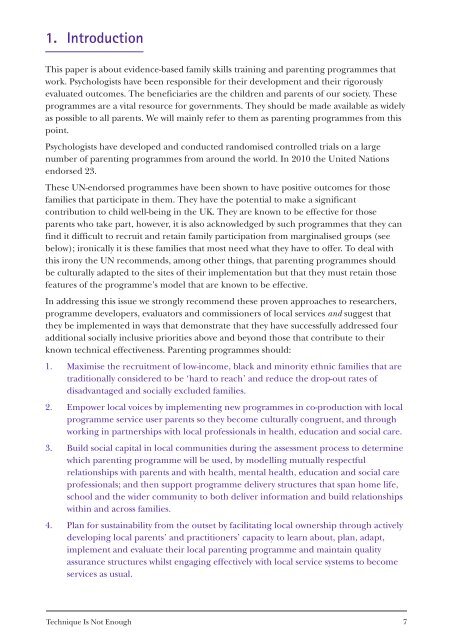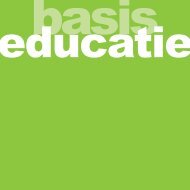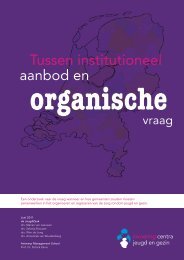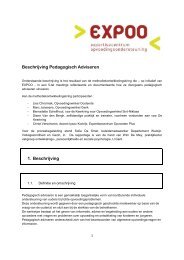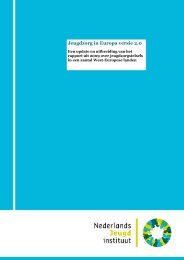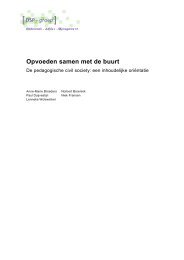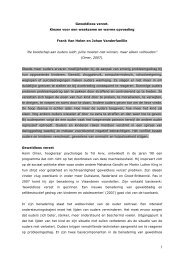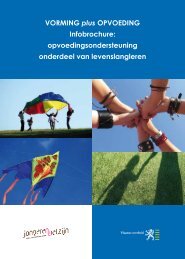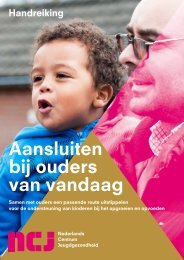Technique Is Not Enough (TINE) - British Psychological Society
Technique Is Not Enough (TINE) - British Psychological Society
Technique Is Not Enough (TINE) - British Psychological Society
- No tags were found...
Create successful ePaper yourself
Turn your PDF publications into a flip-book with our unique Google optimized e-Paper software.
1. IntroductionThis paper is about evidence-based family skills training and parenting programmes thatwork. Psychologists have been responsible for their development and their rigorouslyevaluated outcomes. The beneficiaries are the children and parents of our society. Theseprogrammes are a vital resource for governments. They should be made available as widelyas possible to all parents. We will mainly refer to them as parenting programmes from thispoint.Psychologists have developed and conducted randomised controlled trials on a largenumber of parenting programmes from around the world. In 2010 the United Nationsendorsed 23.These UN-endorsed programmes have been shown to have positive outcomes for thosefamilies that participate in them. They have the potential to make a significantcontribution to child well-being in the UK. They are known to be effective for thoseparents who take part, however, it is also acknowledged by such programmes that they canfind it difficult to recruit and retain family participation from marginalised groups (seebelow); ironically it is these families that most need what they have to offer. To deal withthis irony the UN recommends, among other things, that parenting programmes shouldbe culturally adapted to the sites of their implementation but that they must retain thosefeatures of the programme’s model that are known to be effective.In addressing this issue we strongly recommend these proven approaches to researchers,programme developers, evaluators and commissioners of local services and suggest thatthey be implemented in ways that demonstrate that they have successfully addressed fouradditional socially inclusive priorities above and beyond those that contribute to theirknown technical effectiveness. Parenting programmes should:1. Maximise the recruitment of low-income, black and minority ethnic families that aretraditionally considered to be ‘hard to reach’ and reduce the drop-out rates ofdisadvantaged and socially excluded families.2. Empower local voices by implementing new programmes in co-production with localprogramme service user parents so they become culturally congruent, and throughworking in partnerships with local professionals in health, education and social care.3. Build social capital in local communities during the assessment process to determinewhich parenting programme will be used, by modelling mutually respectfulrelationships with parents and with health, mental health, education and social careprofessionals; and then support programme delivery structures that span home life,school and the wider community to both deliver information and build relationshipswithin and across families.4. Plan for sustainability from the outset by facilitating local ownership through activelydeveloping local parents’ and practitioners’ capacity to learn about, plan, adapt,implement and evaluate their local parenting programme and maintain qualityassurance structures whilst engaging effectively with local service systems to becomeservices as usual.<strong>Technique</strong> <strong>Is</strong> <strong>Not</strong> <strong>Enough</strong> 7


